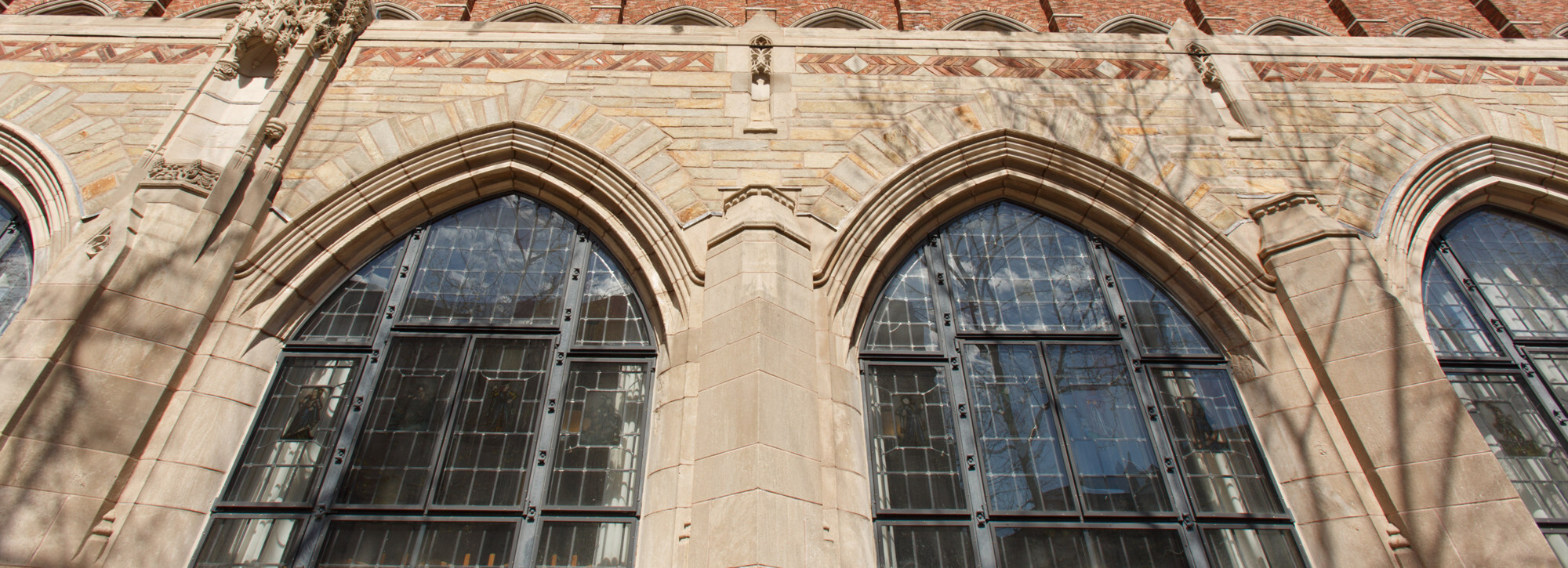The C-123 Veterans Association is an informal organization of approximately 1,600 members of the United States Air Force Reserve who, after the end of the Vietnam War, flew C-123 aircraft that had been used to spray Agent Orange and other herbicides in Vietnam. Numerous toxicology studies have been conducted on the aircraft since 1979 which demonstrate that the aircraft were contaminated with dioxin, an extremely toxic compound contained in military herbicides. In 2015, a study commissioned by the Department of Veterans Affairs (“VA”) confirmed that exposure to dioxin put these reservists at increased risk of numerous diseases and disabilities.
Before the study, VA had resisted recognizing that post-war C-123 aircraft personnel were, like Vietnam veterans, exposed to dioxin. Now that the study has left little doubt as to these reservists’ exposure, VA is contending that it lacks the legal authority to compensate those reservists who were exposed and now suffer diseases that by law are presumed to be connected with Agent Orange.
VA’s assertion is incorrect—it has authority under existing law to provide benefits to these injured reservists, many of whom have waited for years while suffering from terrible diseases and disabilities. In the spring of 2015, students in the clinic prepared memoranda on behalf of the C-123 Veterans Association and Vietnam Veterans of America explaining why VA has the legal authority to compensate these reservists. Punting this problem to Congress is unnecessary and unjust for this group of reservists, many who are very ill and elderly and cannot afford to wait.
Letter – the Active Military Status of C-123 Reservists (April 13, 2015)
Memorandum – VA authority under existing statutes (April 16, 2015)
Prior to the 2015 study, students in the clinic had prepared a statement connecting existing medical evidence to the VA regulatory standards for illnesses associated with Agent Orange on behalf of the members of the Association. That memo can be found here.
